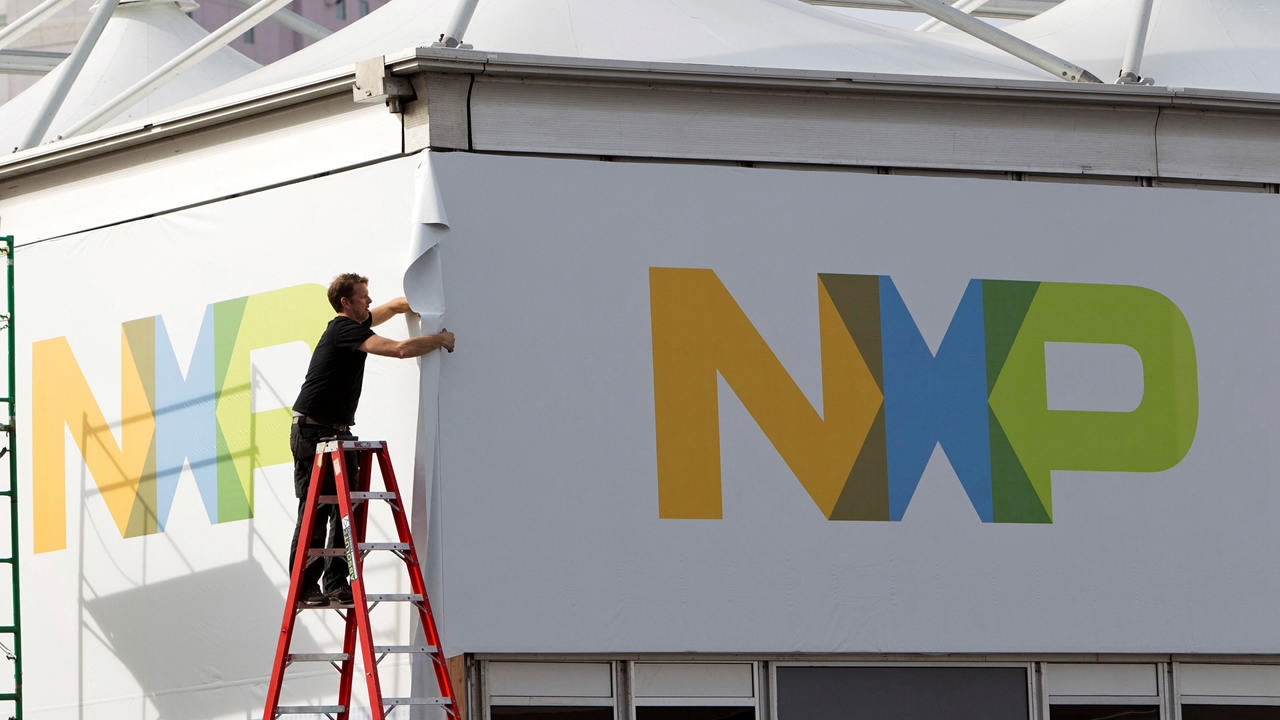
China
23:10, 28-Sep-2017
Chipmaker NXP: China in great position with high innovative capability
By CGTN’s Guan Xin

Self-driving technology is on the road, as global auto part suppliers, automakers and dotcom companies are continuously coming up with updated solutions.
China, the world's largest auto market, is gearing up in the global race for self-driving. And Industry insiders believe China can take leadership globally in this area, with its high innovation power.

VCG Photo
VCG Photo
Autonomous driving technology has garnered a lot of attention around the world in the past few years, and Asia-Pacific is no exception. Chinese companies are accelerating their pace of development on autonomous driving technologies.
In late August, Chinese automaker JAC Motors said it will produce autonomous cars with the country's Internet giant Baidu, which will be technologically prepared for hands-off autonomous functions.
Other Chinese car makers, such as Changan Automobile, Geely Automobile and GAC Motor are working with NXP Semiconductors, a top global chipmaker, on self-driving technology.
The unprecedented focus on autonomous cars is raising some concerns whether the sector is worth investing in. Kurt Seivers, general manager of the automotive business for NXP Semiconductor, rejected such opinion by saying “it’s absolutely worth”.

NXP Semiconductors logo. /VCG Photo
NXP Semiconductors logo. /VCG Photo
“There are so many positive impacts of doing these. We should look at not only autonomous cars, but also what (the technology) implies for all,” Seivers explained.
According to Boston Consulting Group, China is expected to have a fleet of 8.6 million autonomous cars of different levels by 2035, still the largest in the world.
And a survey by McKinsey & Company in 2016 found that 90 percent of consumers in China were willing to switch automotive brands for access to better autonomous driving features. By comparison, 56 percent of respondents in the US and 49 percent in Germany held similar views.
Therefore, Seivers is positive that China could be a global leader in the area of autonomous cars, as the country “is in a great position” with higher innovative capability when compared with its global peers.
“I’m amazed by the inspiring innovation power. China is in a great position, because we believe, for China, this is not only for the local market, but you can take leadership globally," Seivers noted.

VCG Photo
VCG Photo
But how far are autonomous cars gradually driving out of science-fiction books into reality? The answer may be just two years away, according to Seivers, who stressed that “legal considerations” are more urgent than pure technical problems.
“I believe, technically speaking, we are close to it. It’s more about legal considerations. When you think about mixed traffic between autonomous cars and human-operated cars, the questions are around who is liable in the case of an accident. Is it the machine or the human being?” Seivers told CGTN.
The US Congress passed the self-driving act earlier this month, which was seen as a key step in establishing the basic legal framework for self-driving. In that case, Seivers said it could be an example for China to see “what it could take from a government's perspective to make things happen faster.”

SITEMAP
Copyright © 2018 CGTN. Beijing ICP prepared NO.16065310-3
Copyright © 2018 CGTN. Beijing ICP prepared NO.16065310-3